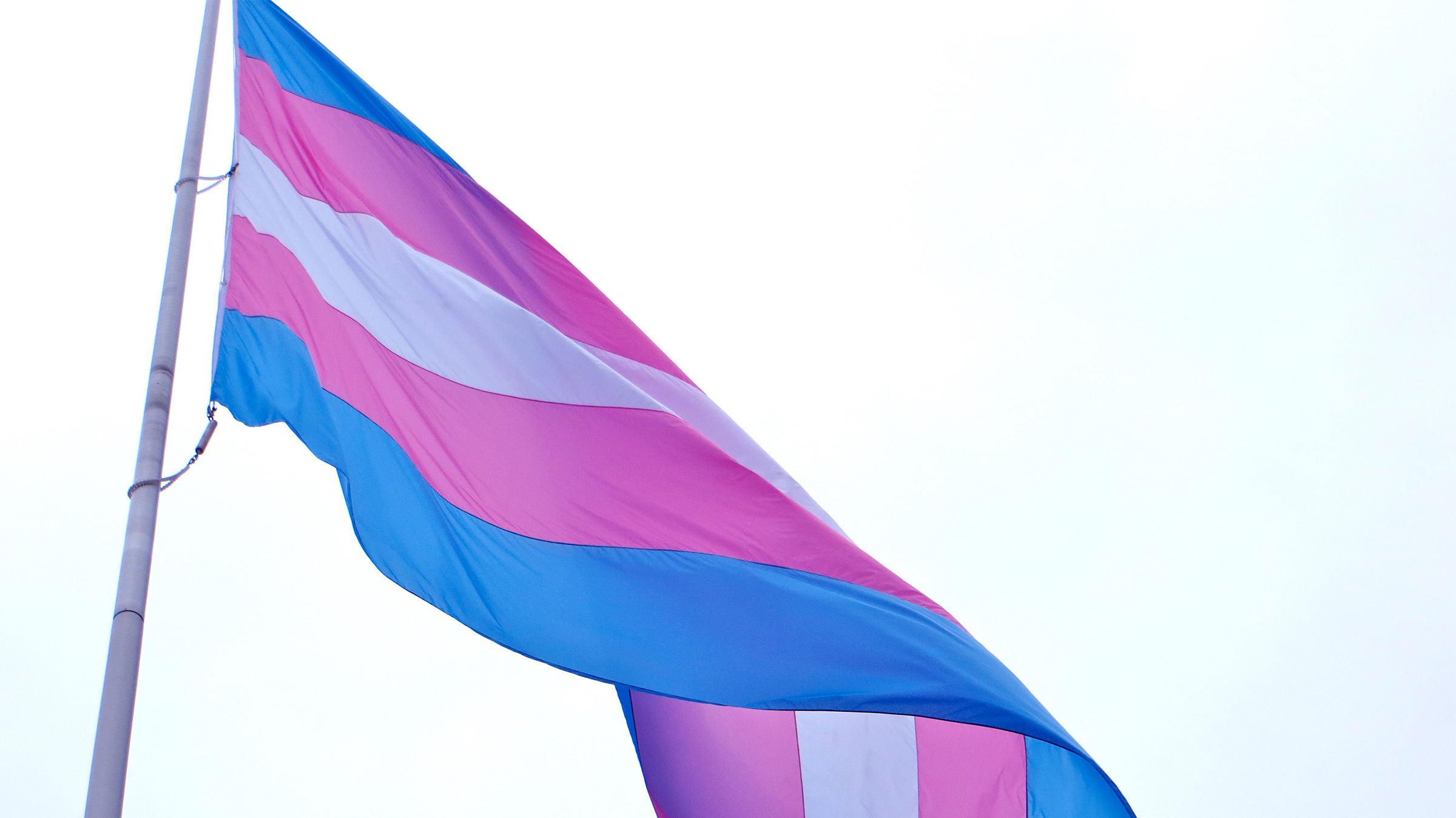As culture and ideas evolve, so must the words we use to describe them. Which is why every four months the Oxford English Dictionary updates their lexicon with a score of new entries. And yesterday, marked a first, when the dictionary announced that the word “trans*” was to be included in their latest quarterly update.
Pronounced as “trans,“ “trans asterisk,“ or “trans star,” the word is different from the commonly used “trans” which has had its own entry in the OED since 2013. In a blog post, the OED said existing language around sexuality and gender has been “elaborated, tested, found wanting, and augmented.” This updated definition, according to the dictionary includes various identities such as as gender-fluid, a-gender, alongside transsexual and transgender. Ultimately, this modified language should encourage discussions of sexuality not bogged down by semantics.
This addition is also novel linguistic innovation. Since the first edition was published in 1857, this is the first time an asterisk has accompanied an entry—playing a pivotal role in allowing marginalized communities to break free of restrictive language by using an umbrella term that encompasses a variety of identities.
“In terms of social attitudes and behavior, few things have changed quite as radically as our attitudes to sex and gender,” wrote Jonathan Dent, a editor with OED. “Although many questions arising from these developments remain vexed, it seems probable that the language with which we deal with these issues will continue to evolve and adapt to fit our changing attitudes and understanding.”







